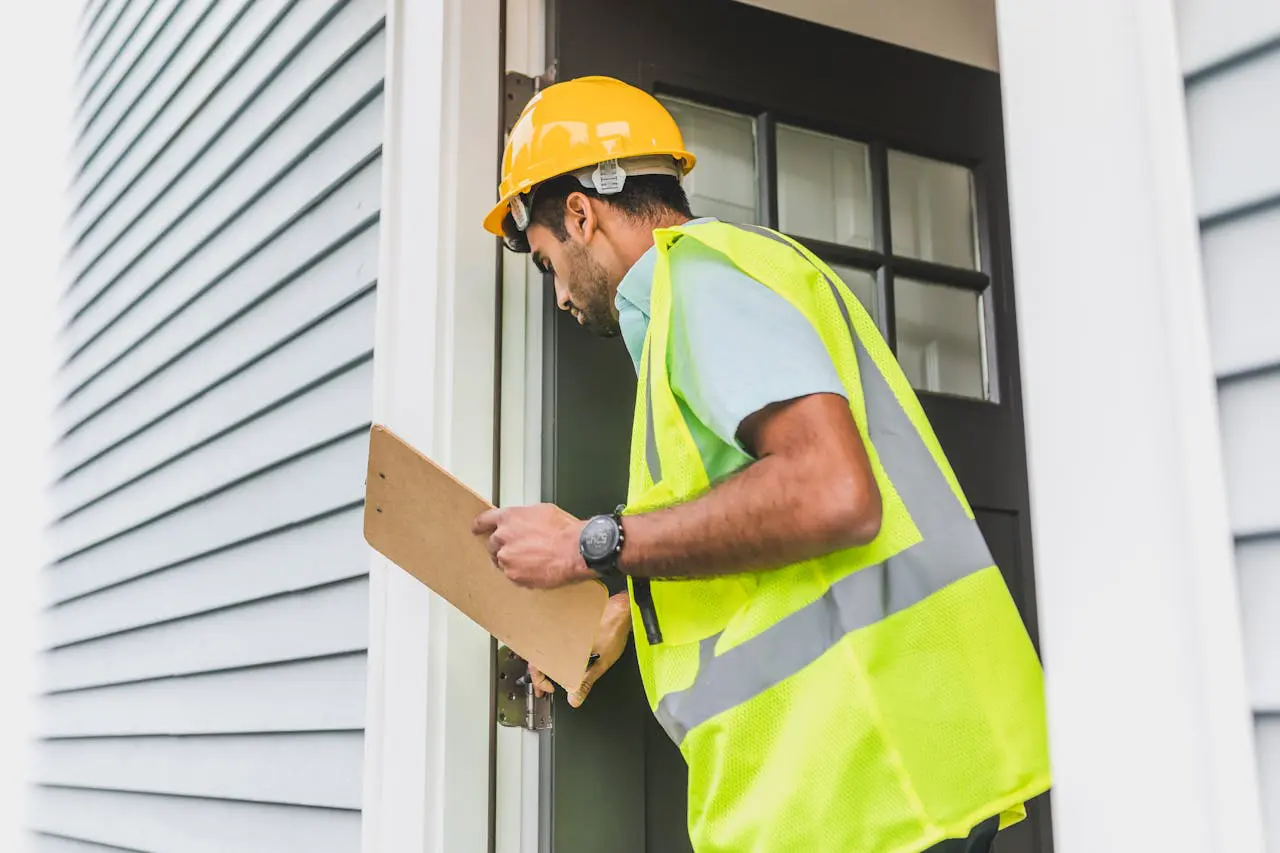
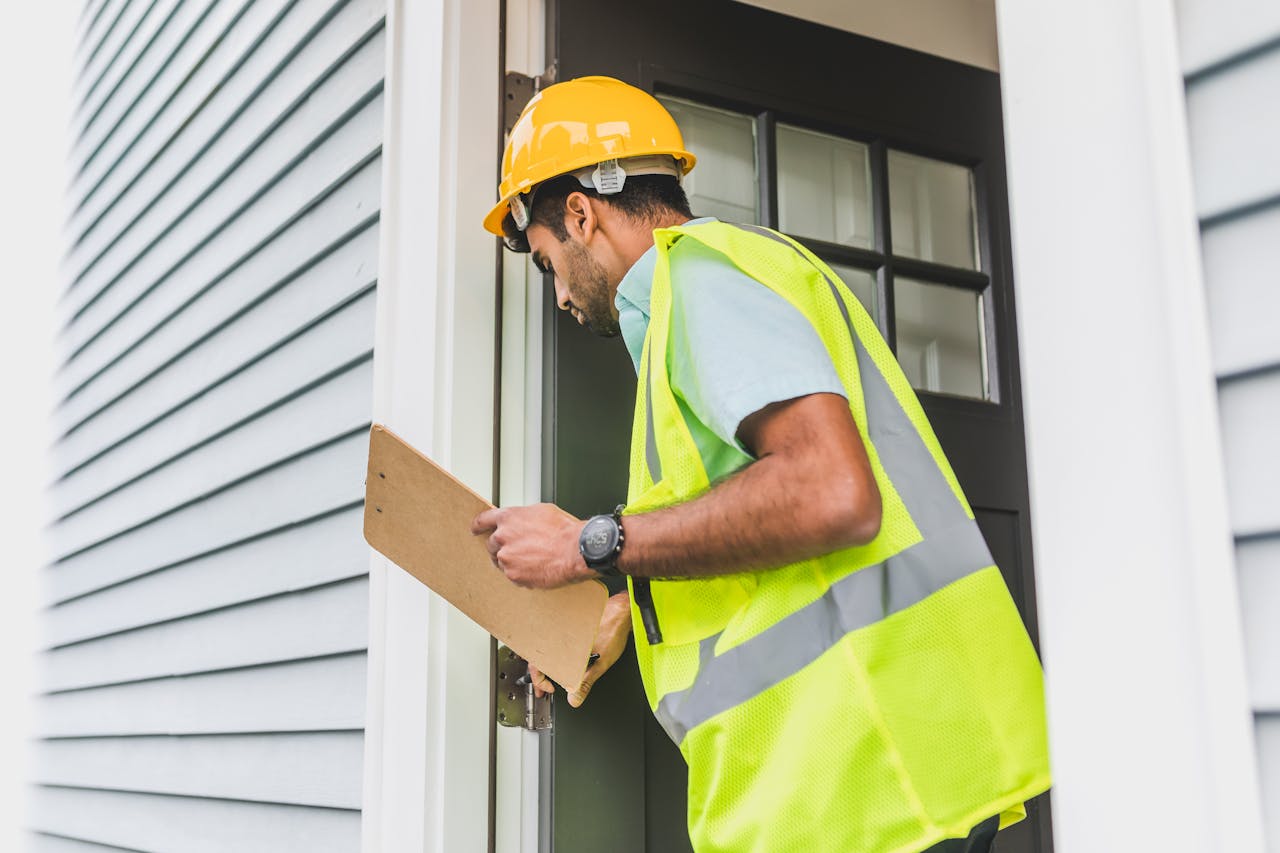
Landlords work hard and spend a lot of time and energy tending to their properties, so they sometimes forget to schedule routine maintenance when needed. There’s nothing easy about being a property investor, but if you don’t schedule time for certain tasks, they will never get done.
The following is a list of the most common tasks landlords forget to schedule, ignore, or put off. If any of these things are on your to-do list, make sure to schedule them into your calendar so they don’t fall by the wayside.
1. Getting feedback from renters
Collecting feedback from your tenants is important, but it’s probably not at the top of your list. However, this should be a priority since tenants can give you actionable insights into their needs, issues, and complaints. Knowing what your tenants want and need, along with what frustrates them, will help you be a better landlord.
Ask your tenants questions like how they would rate the property on a scale of 1 to 10, if they feel you’re handling repairs on time, if it’s easy to pay rent, how they like your property manager, and whether or not there are any features they feel would be worth paying higher rent.
The sooner you get tenant feedback, the faster you can incorporate it into your business decisions. Even if the feedback is negative, it will still help you understand how your tenants perceive your property and will point you in the right direction in areas where you can increase value.
2. Property inspections
If you already perform regular property inspections, you’re ahead of the game. Many landlords don’t schedule inspections on their properties for years, and that’s a huge mistake. It doesn’t take much time, so there’s no excuse to procrastinate. However, you do need to follow landlord-tenant law, so before you schedule any inspections, consult with an attorney to make sure you do it right.
Inspections are typically done once or twice a year, and will help you spot signs of damage and issues that need to be addressed. For example, there might be signs of a termite infestation, water damage, or broken concrete.
Inspections also serve as a deterrent for careless tenants who tend to cause damage from being reckless. When tenants know you’re going to inspect the property, they will be a bit more mindful of their actions.
If you live in an area like unincorporated Los Angeles County, for example, you definitely don’t want to skip property inspections. It’s the only way you’ll stay on top of issues that can potentially get you into legal trouble.
The new Rental Housing Habitability Program goes into effect at the end of 2024 and requires at least one inspection per rental to be done every four years. If a rental property is not up to habitability standards, the program allows renters to seek a rent reduction through the county until the landlord fixes the problem. Should the landlord fail to correct the rental’s code violations, the tenant will pay their rent to a separate account that the landlord will not have access to until they fix the issues required.
3. Minor repairs and maintenance
Sometimes certain things just aren’t a priority, and that’s understandable. For example, when a small knob breaks off of a kitchen drawer, it can still be easily opened. Or when that small piece of plastic covering the screw pops off of a bathroom faucet and won’t stay in place anymore.
Adding repairs to the schedule for minor issues like this might seem small and insignificant to landlords, but to tenants, they are only going to grow into larger frustrations the longer you postpone the repairs.
No matter how busy you are, schedule the minor repairs and maintenance tasks so you can get them out of the way. Even if it’s just a closet door that came off of the track and your tenant can’t get it back on, but the door still moves freely, take care of the issue as soon as possible.
4. Bills and tax payments
It’s helpful to schedule your bills, including your tax payments, so you never miss a due date. The easiest way is to set up bill pay inside your bank account to automatically send checks out on a specific date. For example, if your credit card bill is due on the seventh day of the month, set up bill pay to send a check out by the first of the month to give it enough time to arrive by your due date. You can do this with just about every bill with a few exceptions.
When it comes to tax payments, if you’re paying quarterly taxes, get the yearly schedule ahead of time and then mark each due date in your calendar. Add a task to mail a check about a week before each payment due date. To speed up the process, prepare stamped envelopes and write your checks ahead of time, leaving the amount blank until it’s time to mail the check.
If you can’t use bill pay for some of your expenses, schedule your payments in your calendar as a reminder to write and mail the check or make the payment online.
If you can set up automatic payments online, that’s even better. However, you should still keep track of your payment due dates so you always know when the money will be deducted from your account. An easy way to manage this is with a financial application, but you can also use a simple Excel or Google spreadsheet if you prefer.
Personal time is just as important as working
Last, but not least, don’t underestimate the importance of taking time for yourself to enjoy your hobbies, family, and pets, and to relax. It’s important for your mental and emotional health to step away from work on a regular basis. If it’s been a while since you’ve taken a vacation, make it happen sooner than later.
If you can’t find time for your own needs, make time by adding personal time into your schedule. Tell people you are unavailable, and don’t make any exceptions. Turn off your phone and enjoy the time to yourself.
Featured Image Credit: Photo by RDNE Stock project; Pexels; Thank you.




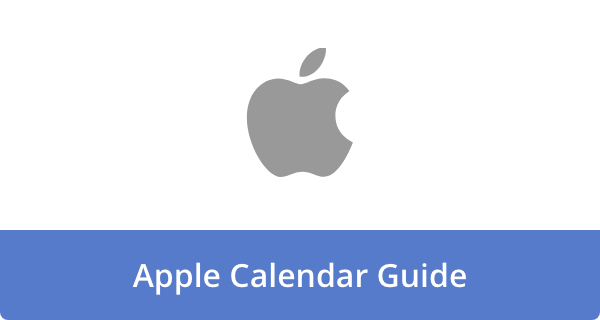



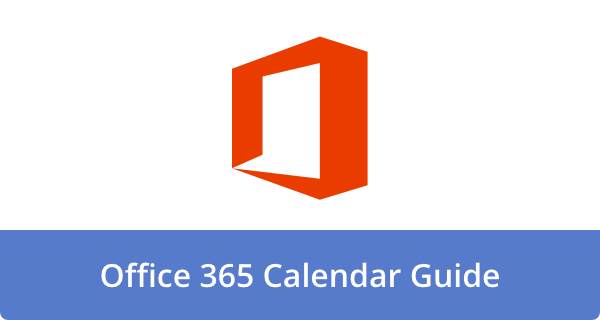

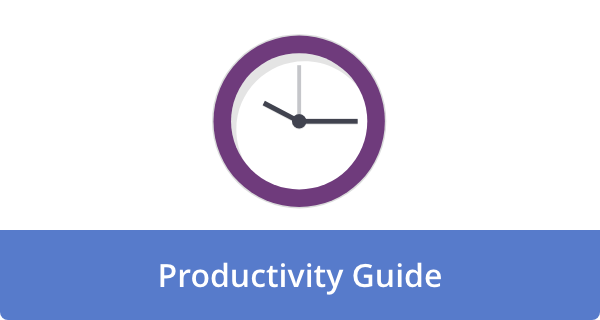







Deanna Ritchie
Editor-in-Chief at Calendar. Former Editor-in-Chief and writer at Startup Grind. Freelance editor at Entrepreneur.com. Deanna loves to help build startups, and guide them to discover the business value of their online content and social media marketing.